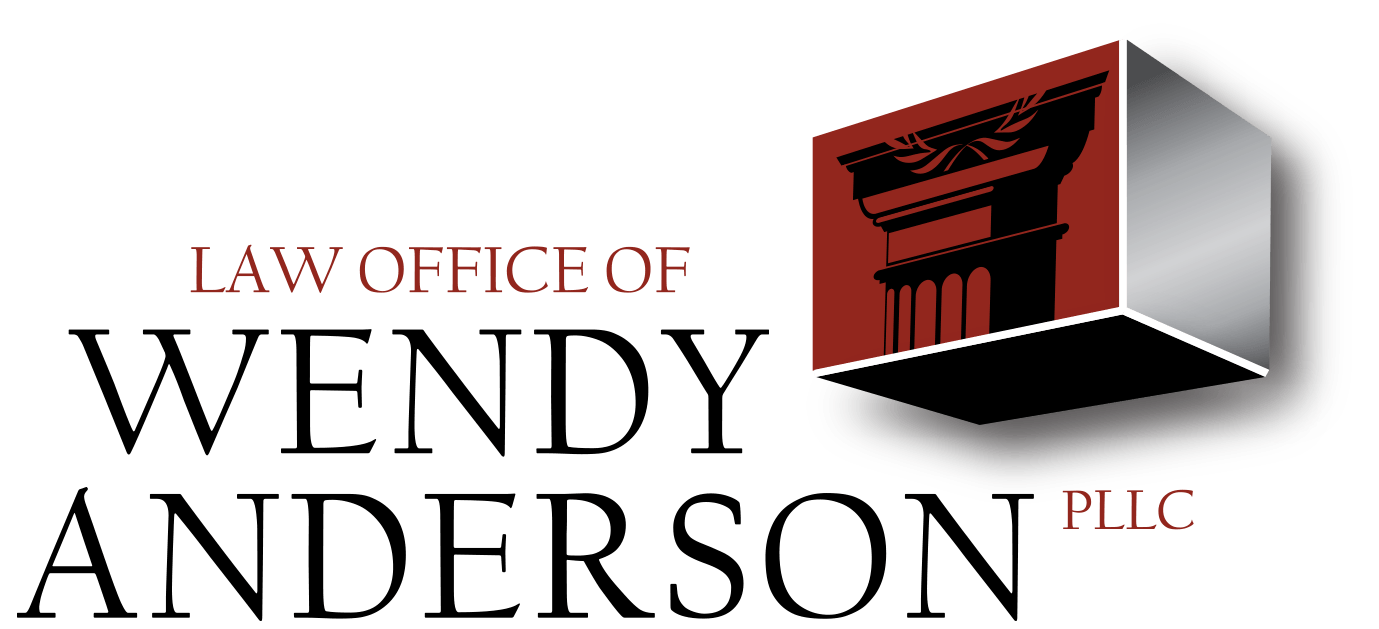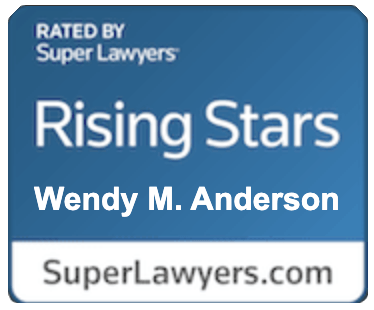Record-Keeping under the FFCRA and CARES Act
Avoid future headaches by getting and keeping the information NOW that you will need LATER
Last week, your rights and obligations as an employer changed at a dizzying rate! The beginning of the week brought fear and uncertainty as business owners were newly required to provide wages for sick time and medical leave far in excess of their normal obligations.
But the end of week brought some relief, with the announcement about tax credits and forgivable loans for businesses that maintain their payroll and pay certain bills – all in the government’s attempt to keep commerce moving at a close to normal pace. Below is some information regarding documentation that you should create and keep over the next few months.
FFCRA
The Families First Coronavirus Response Act (FFCRA) allows your employees to take paid sick leave and expanded family and medical leave, between April 1 and December 31, 2020, due to circumstances related to the coronavirus outbreak. See my previous article here .
Your company may be eligible for tax credits for paying sick leave wages. When an employee applies for leave (to your HR department) under this new law, they must provide appropriate documentation, including:
- The employee’s name
- The qualifying reason for the leave, according to the Dept. of Labor guidance
- Documentation supporting the reason for the leave
- A statement that the qualifying reason precludes the employee from work or telework
- The date(s) for which leave is requested
The supporting documentation may include a copy of the federal, state, or local quarantine or isolation order related to COVID-19 or written documentation by a health care provider advising you to self-quarantine.
If an employee takes leave to care for a child whose school, place of care, or child care provider is closed, this requirement may be satisfied with a notice of closure or unavailability from the facility or person, including a notice that may have been posted on a government, school, or day care website, published in a newspaper, or emailed from an official of the school, place of care, or child care provider.
Note also that all existing certification requirements under the FMLA remain in effect if an employee is taking leave for one of the existing qualifying reasons under the FMLA. For example, if a worker is taking MORE time off than the two weeks of emergency paid sick leave because their COVID-19-related medical condition rises to the level of a serious health condition, they must continue to follow your company policies and provide medical certifications under the FMLA for the leave time. Of course, you are free to waive this requirement given the stresses on our healthcare system right now.
If you intend to claim a tax credit under the FFCRA for the wages paid to employees taking sick leave or expanded family and medical leave under the Act, you should retain all of the above documentation. As the exact process for claiming tax credits has not been fully communicated yet, you should consult the IRS’s applicable forms, instructions, and information for continuing information about claiming a credit and what other documentation may be required. You will be glad you collected the relevant information up front, rather than having to scramble to find it later.
Required Poster from the DOL
All employers are required to post notices related to federal and state employment laws that apply to their company in their workplace. With the passage of the FFCRA into law last week, the Department of Labor now requires this new poster – explaining an employee’s rights to take sick leave for reasons related to the coronavirus – to be posted on April 1, 2020, the date the Act takes effect. I recommend you post it by end of business TOMORROW, on March 31. This and all other required posters must be in a conspicuous place where they are easily visible to all employees, such as in a breakroom or near restrooms.
CARES Act
The Coronavirus Aid, Relief, and Economic Security Act (CARES Act) allocates funds for small businesses with 500 or fewer employees, and for those who are self-employed or independent contractors, via emergency grants, forgivable loans through the Payroll Protection Program (PPP), and relief for existing loans:
- The bill provides $10 billion for emergency grants of up to $10,000 to provide emergency funds for small businesses to cover immediate operating costs.
- There is $350 billion allocated for forgivable loans from the Small Business Administration of up to $10 million per business. The low-interest loans (maximum 4% interest rate) are meant to cover payroll costs and other employee compensation, paid sick leave, rent, utilities, health-insurance premiums, and mortgage interest . If you keep your employees on through, the portion of the loans used for payroll costs, rent, utilities, and interest on mortgage obligations would be forgiven. Information about the loan forgiveness program can be found here from the U.S. Chamber of Commerce.
- There is $17 billion to cover six months of payments for small businesses already using SBA loans.
- There are provisions for self-employed and independent contractors.
Payments made by your business during the 8-week period beginning on the date of the origination of the PPP loan may be forgiven. If you plan to apply for a loan under the PPP, be sure to keep detailed records of all of your expenses and proof of your payments to submit to your lender when you seek forgiveness of some or all of the loan repayment. Stay updated through online sources for the application for PPP forgivable loans. Things are changing fast, but it may be a number of weeks before systems are put in place to accept the volume of applications that are expected.
Information will continue to be available on government websites and in news articles. It’s all very complicated, so if I can help you navigate through, please schedule a call with me. I’m always here to help.
NOTE: THIS ARTICLE IS FOR GENERAL INFORMATIONAL PURPOSES. IT DOES NOT CONSTITUTE LEGAL ADVICE, NOR DOES IT CREATE AN ATTORNEY-CLIENT RELATIONSHIP. EACH SITUATION IS DIFFERENT. YOU SHOULD CONSULT WITH AN ATTORNEY TO DETERMINE YOUR LEGAL RIGHTS, REMEDIES, AND DUTIES.
By Wendy M. Anderson, Esq.
Law Office of Wendy Anderson, PLLC
480-825-4509
Contact Me Today
The post Record-Keeping under the FFCRA and CARES Act appeared first on Law Office of Wendy Anderson.





